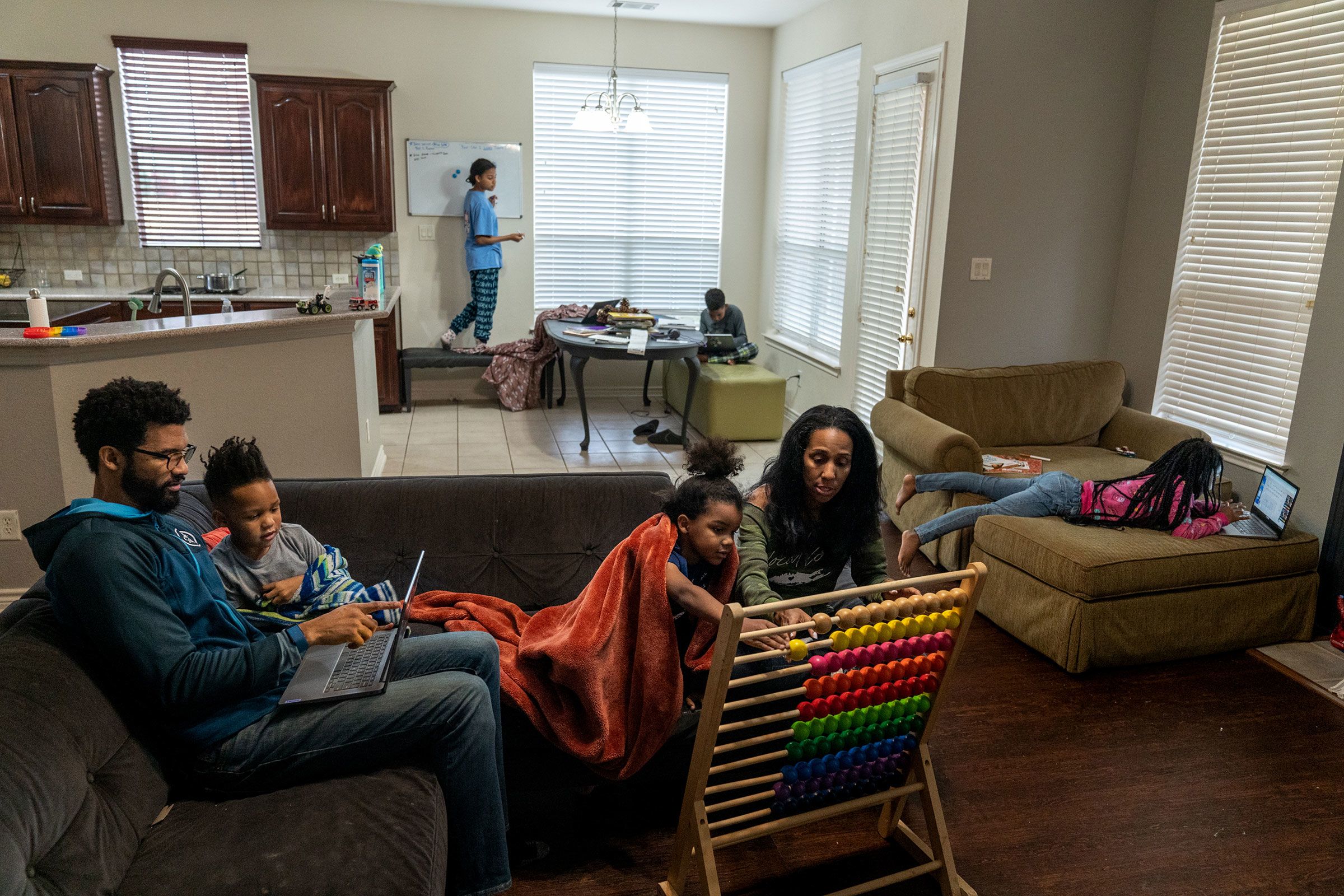Why are MPs debating home education?

Two petitions asking the Government not to create a register for home educators received over 35,000 signatures:
Do not impose any new requirements on parents who are home educating
Do not require parents to register home educated children with local authorities
"Ministers have said they are committed to a registration system for children who are not in school [...]. We believe there is no evidential basis for increased requirements for home education, for registration, assessment or testing."
The Petitions Committee scheduled a debate on these petitions in the House of Commons on Monday 27 March 2023 at 4.30pm.
To inform the debate, the Petitions Committee launched a survey and the member of the Committee who opened the debate, Nick Fletcher MP, spoke with the petition creators to find out more about why they started their petitions.
Petitions Committee Survey
Before the debate, the Petitions Committee ran an online survey to ask petitioners about their experience of home education and their views on the Government’s plans to introduce a statutory register for children not in school.
The results were shared with MPs ahead of the debate.
There were 4,506 responses to the Committee’s survey.
Home educators gave a variety of reasons for choosing to home educate their child or children
97% said the standards of education in school were a ‘very’ or ‘moderately’ important factor in their decision to home educate.
96% said the ability of schools to tailor teaching to a child’s needs was a ‘very’ or ‘moderately’ important factor in their decision to home educate.
“Home educated children have such a lovely life. They get to study all the subjects that they would at school but they have so much freedom and time to follow lots of other pursuits that they wouldn't be able to do in school (for example sewing, crocheting, cooking, sailing, rock climbing, forest schools, science clubs and loads more).” Survey respondent
Many home educators educated children with special educational needs and disabilities (SEND) and said SEND provision in schools was an important factor in their decision to home educate
40% of home educators said one or more of the children they educate has special educational needs, with many saying their child was autistic or has ADHD.
64% of home educators said that SEND provision in schools was a ‘very’ or ‘moderately’ important factor in their decision to home educate.
Most respondents opposed the introduction of local authority registers for children not in school, with many saying this would encroach on their freedom and privacy
82% of respondents said they oppose the creation of local authority registers for children not in school.
"It takes away the freedom of choice and the freedom to educate in whatever way is suitable for your child, to travel, and experience the world. If someone is watching your every move, it takes away that freedom. I can see in a way the need sometimes to keep an eye on children or families who are maybe known to social services, especially if there is a risk of harm and neglect. But when there is not, then there should be no restrictions imposed.” Survey respondent
You can read the full summary of responses on our website.

A member of the Committee, Nick Fletcher MP, opened the debate. He gave the following statement:
"I spoke to the petitioners Kilby and Laura last week, and both appear to be very dedicated [...] Done properly, home schooling has many benefits, and it saves the taxpayer money, too. It gives parents the opportunity to educate their child as they wish.
"It also enables a parent to teach the subjects that they feel are most beneficial to their child. More importantly to many, it enables them not to teach the subjects that they do not think are beneficial.
"Why are Kilby and Laura so against a register? Kilby feels it would fundamentally change the opt-in process for schooling. The law puts responsibility to educate children on the parents, and they can choose to opt into schooling if they wish.
"She believes that a register would be more like an opt-out system and could end up making school attendance mandatory. Laura believes that the implementation of a register would be the first step to more oversight of parents who home educate.
"I can see their point: it would be a fundamental change in the relationship between the state, parents and children.
"One reason why many home schoolers do not want to register is the overreach of some local authorities with the powers that they already have. Some are far too overbearing when, quite simply, an experienced officer could see that a home-schooled child is happy in a good home and is being educated well.
"Some home-educating parents have children with special educational needs and disabilities, and they have removed their children from state education because their needs were not being met. Some of the parents have had particular difficulty with local authority officers not being equipped to assess the complex situation.
"That begs the question: is a register necessary? Or should local authorities just do a better job with the resources and powers that they have?"

The Minister for Schools, Nick Gibb MP, responded to the debate. He said:
"I reiterate the Government’s support for home-educating parents. The Department has received lots of correspondence in recent years from proud home-educating parents, and I have met home educators in my own constituency and heard about the positive work they do.
"Indeed, I have been to visit their homes and seen that home education happening. I remember one particular constituent being home educated, and she is now a mother herself—that shows how old I am.
"Our commitment to registers of children not in school will not affect parents’ right to educate in a way they deem appropriate, provided that it is suitable.
"Notifying a local authority that one is home educating or wishes to home educate one’s child should not be burdensome and will help local authorities to undertake existing duties and help to identify issues with the school system, to identify children missing education and to offer support to home-educating families.
"I hope that will reassure those home educators who expressed concern in the Petitions Committee’s survey that registers are a step on the road to monitoring education provision, which they are absolutely not.
"When we find a suitable legislative opportunity to take forward the children not in school measures, we will do so, and we will continue to work closely with home educators, local authorities and other stakeholders to ensure that the new registration system works for everyone."

Watch the debate
MPs debated this petition on 27 March 2023. You can watch the full debate below or read the debate transcript on Hansard.
Read the information pack from the House of Commons Library: Home education in England
Petition debates
Petition debates can be an important part of a campaign. Debates help raise awareness of an issue and can influence decision-making in Government and Parliament.
Petition debates are 'general' debates which allow MPs from all parties to discuss the important issues raised by one or more petitions, and put their concerns to Government Ministers.
Petition debates don’t end with a vote to implement the request of a petition. This means MPs did not vote on whether the Government should introduce a register for home educated children.
What is the Petitions Committee?
The Petitions Committee is a cross-party committee of MPs that considers e-petitions submitted on Parliament's petitions website and public (paper) petitions presented to the House of Commons, engaging the public directly with the work of the House.
What is a Westminster Hall Debate?
Westminster Hall debates take place in the Grand Committee Room in the House of Commons.
They give MPs an opportunity to raise local or national issues and receive a response from a government minister.
Debates in Westminster Hall take place on ‘general debate' motions expressed in neutral terms. These motions are worded ‘That this House has considered [a specific matter]'.
How Parliament works: Westminster Hall debates.

